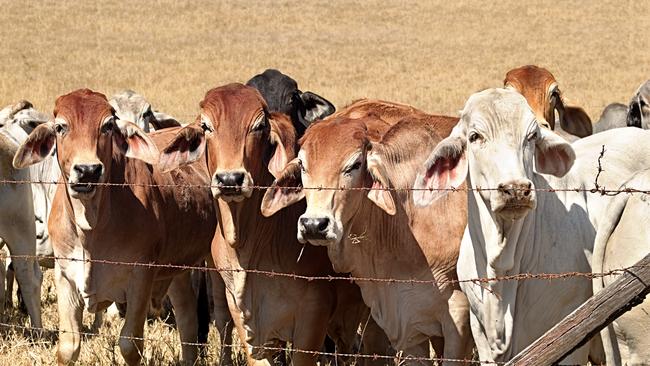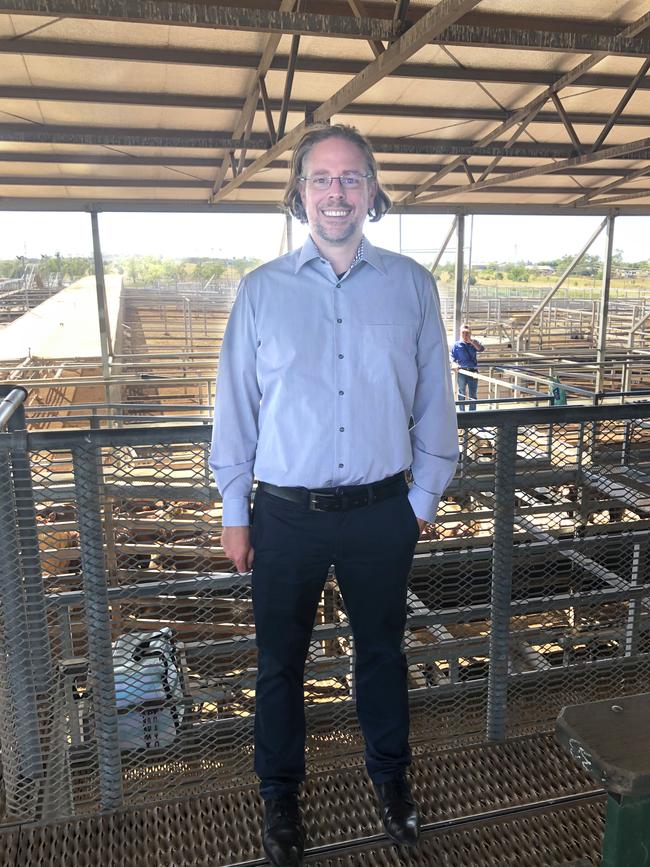Farmers’ hopes of record year dashed as interest rates bite and recession looms: Rabobank
Rabobank says farmers are likely to get ‘good prices’ but there will not be a repeat of the stellar levels of 2022 as the global economic outlook deteriorates and input costs rise.

Aggressive interest rate rises and the risk of a global recession have dampened hopes of another record year for key agriculture products, including grains, oilseeds and beef.
A new report from Rabobank says farmers are likely to get “good prices” but there will not be a repeat of the stellar levels of 2022, as the global economic outlook deteriorates and input costs rise.
The Dutch agribusiness bank cautioned farmers against developing “overly inflated expectations” for their crops and products, saying prices have already moved “notably below” 2022’s highs.
Rabobank forecast interest rate rises to likely “have some further way to go in the first half of 2023” with “serious cuts” not expected until next year. Meanwhile, little movement is expected in the Australian dollar, which will support exports but make imports a “little less expensive compared with the second half of 2022”.
“2023 will bring many opportunities, (but) those with overly-inflated expectations of a repeat of 2022 might be disappointed as the world heads into recession,” the Rabobank report said.
A supply crunch from the war in Ukraine and pandemic-fuelled labour shortages pushed prices for many farming products to record levels last year.
It prompted several profit upgrades from companies including GrainCorp, which has also invested in additional bunker storage, with its “supply chains at close to full capacity”, to capitalise on last year’s above-average harvest.
But in the past six months GrainCorp’s shares have fallen 9.3 per cent to $7.28. This compares with its record high of $10.86 reached in May.

Elders shares have also been hammered, diving 32 per cent since mid-November when long-serving chief executive Mark Allison announced his resignation. Mr Allison said at the time while the outlook for rural products was positive, cattle and sheep prices were expected to soften in the medium term, driven by falls in domestic restocker demand, with “volumes also balancing out in the short term”.
RaboResearch general manager Australia and New Zealand Stefan Vogel – the Rabobank report’s lead author – said prices for agriculture commodities are set to track at less elevated levels in 2023, but still “well above the five-year average”.
He said the next 12 months were likely to “deliver good, but not record, prices in an environment of elevated costs and global recession”.
“Favourable weather conditions in 2022 – with much of the east coast having received plentiful rainfall, even too much in some cases – have provided good soil moisture levels and also filled supplies for irrigation,” Mr Vogel said.
“While the rainfall outlook for 2023 isn’t as high, this should also mean less weather disruptions for the sector. This sets the scene for another positive year of farm production in 2023, however a repeat of 2022’s abundant grain and fodder production is not – at least yet – expected.”
Mr Vogel said cost pressures continued to weigh on the farm sector, remaining above historic averages, with the exception of global fertiliser prices, which are now down 40 to 50 per cent from their peak.
“A return to the highs seen in fertiliser prices last year is unlikely,” he said, “but besides supply and demand, gas and grain prices need to be watched carefully to determine the ultimate direction of fertiliser prices.”
Freight rates for both dry containers and bulk have fallen “massively” back to normal levels as recession fears weigh on the trade outlook, Mr Vogel said. “However, our meat and fruit exports in Australia rely on refrigerated containers and their rates still remain very high, although there are signs they too are easing.”
Mr Vogel said while a national labour shortage persisted, “as with supply chain disruptions, the industry has learned to live with and work through them”.






To join the conversation, please log in. Don't have an account? Register
Join the conversation, you are commenting as Logout